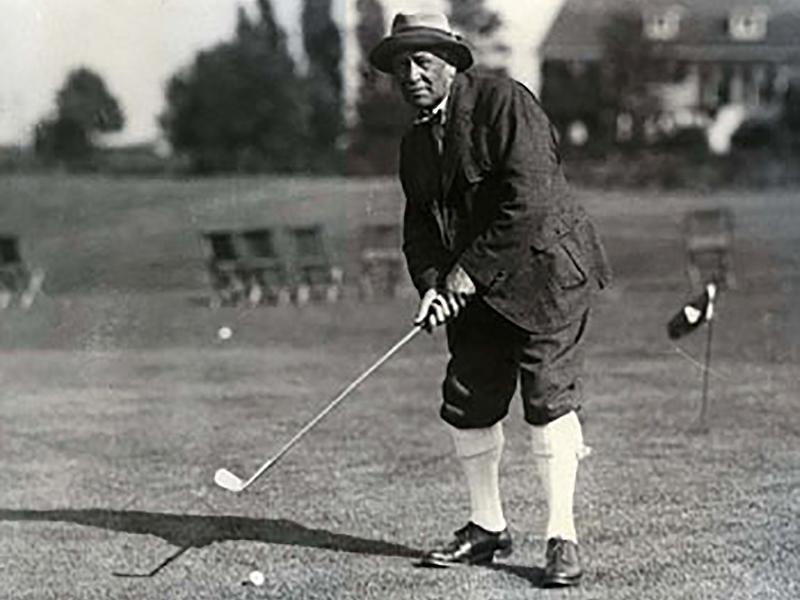Olympic golf has been a topic of controversy since its reinstatement into the Olympic Games in 2016. While many were excited about the return of the sport to the global stage, others questioned if it truly belonged in the prestigious event. Many argued that golf’s presence in the Olympics was unnecessary and that it detracted from the traditional sports that have long been a part of the Games.
In 2016, after a 112-year hiatus, golf returned to the Olympic program in Rio de Janeiro. However, the sport’s debut was marred by a series of high-profile withdrawals from top players, including Jason Day, Rory McIlroy, and Jordan Spieth. These absences were a major blow to the legitimacy of golf in the Olympics, as many of the world’s best players chose to skip the event in favor of other tournaments.
Additionally, the format of the Olympic golf competition has been criticized for its lack of excitement and intensity. The tournament consists of a standard 72-hole stroke play event, similar to any regular professional golf tournament. This left many spectators feeling underwhelmed and uninterested in the outcome of the competition.
Furthermore, the scheduling of the Olympic golf tournament has also been a point of contention. The competition takes place in the middle of the busy golf season, which caused many players to prioritize other events over the Olympics. This, combined with concerns over safety in Rio’s crime-ridden environment, led to a lackluster showing from the world’s top golfers.
In the years following the Rio Olympics, the future of golf in the Games has been called into question. The 2020 Tokyo Olympics saw a pandemic-induced postponement, further casting doubt on the sport’s place in the event. With rumors swirling that golf may be dropped from future Olympic programs, it begs the question: did Olympic golf die before it was even born?
While some argue that golf has no place in the Olympics, others believe that the sport deserves a chance to grow and evolve within the Games. Golf has a long history and a passionate global following, which could ultimately benefit from exposure on the Olympic stage. However, for golf to succeed in the Olympics, changes must be made to the format, scheduling, and top players’ attitudes towards the event.
In conclusion, Olympic golf may have stumbled out of the gate in 2016, but it is not too late for the sport to regain its footing and prove its worth on the global stage. With some adjustments and a renewed commitment from top players, golf in the Olympics could yet prove to be a successful and exciting addition to the Games. Only time will tell if Olympic golf truly died before it was born, or if it can rise from the ashes and become a respected and valued event within the Olympic program.
Tags: born, die, Golf, Olympic
